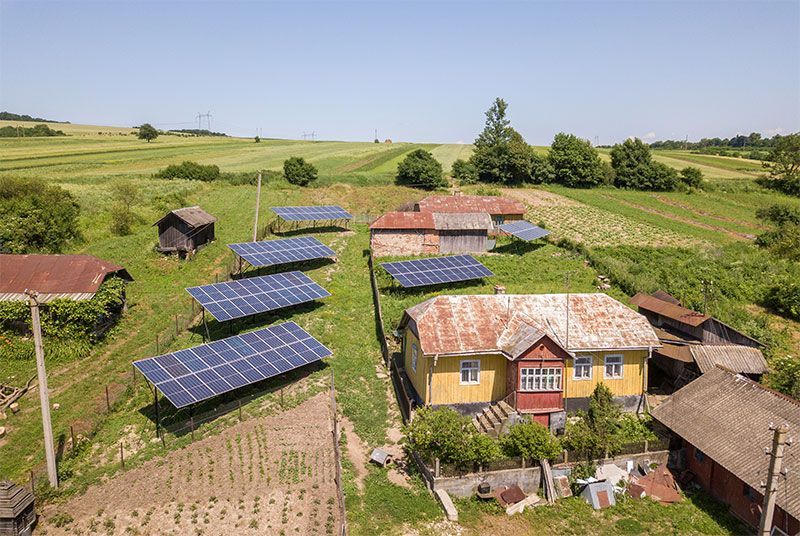In many parts of the world, particularly in developing regions, access to reliable electricity remains a challenge. Solar projects are filling this gap by providing off-grid solutions to remote areas where traditional infrastructure is expensive or impractical.
● Rural Electrification: Communities in sub-Saharan Africa, Southeast Asia, and Latin America are now powered by solar mini-grids, bringing electricity to schools, homes, and medical facilities.
● Improved Education: Solar lighting allows students to study after sunset, improving academic performance and opening doors to future opportunities.
● Healthcare Access: Clinics equipped with solar power can now store vaccines, operate essential equipment, and extend their hours of service.






